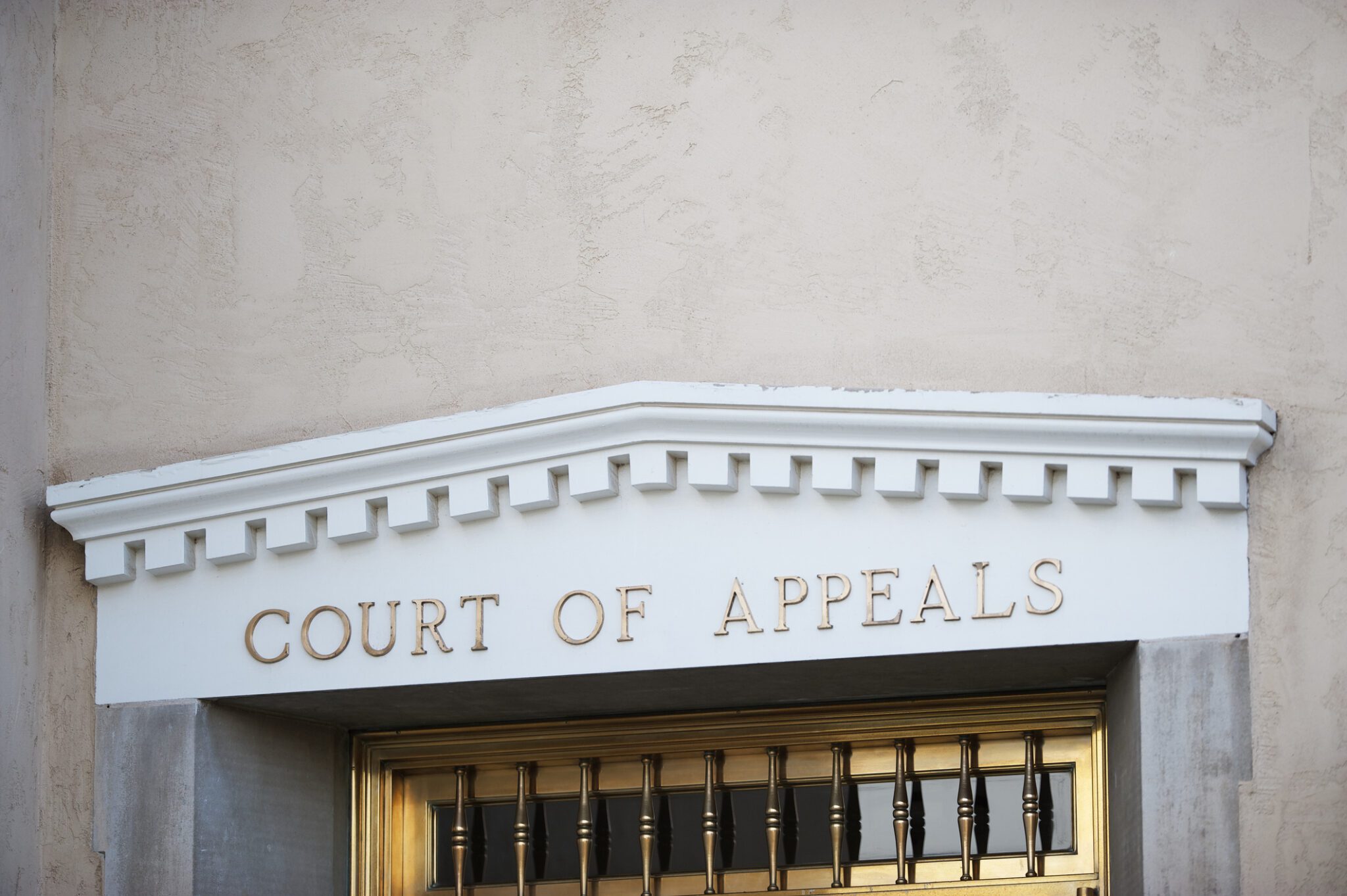The Court of Appeal has confirmed that issuing producer statements is “building work” under the Building Act 2004. Authors of producer statements now have the potential to be criminally liable under section 40 of the Building Act 2004.
What does this mean?
- The Court held that parties issuing producer statements are doing more than giving an opinion.
- The Court held that producer statements reflect the work the author has carried out to express the opinion and confirms the author has reasonable grounds for belief in compliance.
- Authors of producer statements must take care to ensure they can point to the reasonableness of their grounds for belief.
- This highlights the importance of record-keeping in site monitoring, particularly at key stages.
- Authors should carefully consider whether they have all the necessary information available to them when statements are signed off, something which can be difficult in practice where there are acute pressures.
It seems unlikely that the decision will lead to a sudden surge in criminal prosecutions, but is a useful summary of the significance of producer statements in the consenting process despite their having no formal statutory framework. In conclusion, the Court noted:
“Building consents and the building code have prescriptive and verifiable standards as to what they each require. The author of the producer statement will not be criminally liable unless it is established beyond reasonable doubt that the matters certified in the statement are incorrect. In the present case, Judge Mabey was readily able to conclude beyond a reasonable doubt that the producer statements were wrong. If that standard could not be met, no offence would be committed.”
Background
The Court of Appeal[1] was referred the following question of law (arising from Cancian v Tauranga City Council [2022] NZHC 556) by the Solicitor-General as follows:
“Was the Court correct to find that the issue of producer statements (following or as a result of construction monitoring) in relation to non-compliant building work does not give rise to liability under s 40 of the Building Act 2004?”
The Court of Appeal responded: No.
In essence, the question was seeking clarification on the application of s 40 of the Building Act 2004 (the Act) to producer statements issued following or resulting from construction monitoring.
The answer depends on the interpretation of “building work” as it appears in that provision — a point of law on which there were conflicting High Court authorities.
Section 40 reads as follows:
40 Building work not to be carried out without consent
- (1) A person must not carry out any building work except in accordance with a building consent.
- (2) A person commits an offence if the person fails to comply with this section.
- (3) A person who commits an offence under this section is liable on conviction to a fine not exceeding $200,000 and, in the case of a continuing offence, to a further fine not exceeding $10,000 for every day or part of a day during which the offence has continued.
Relevant facts
- Here, charges were laid against Mr Cameron, an engineer who issued producer statements in connection with a residential subdivision and development near Tauranga known as The Lakes. His role involved on-site construction monitoring, testing, giving instructions and directions to building contractors.
- Mr Cameron and The Engineer Ltd (TEL), an engineering company engaged by the principal, were convicted of carrying out non-compliant building work.
- The basis for the charges was that they had provided the Council with producer statements (PS4s) related to restricted building work carried out at the site which did not accurately reflect what had been done.
- The District Court found Mr Cameron and TEL liable under s 40 for issuing producer statements, while the High Court disagreed. Conflicting authority prompted the Solicitor-General to seek clarification.
The Court of Appeal noted that producer statements do not have a legislative basis, but are routinely issued and relied upon in the construction industry:
“The Act does not provide for producer statements, unlike its predecessor the Building Act 1991. But they are commonly used to advise building consent authorities about construction work that has been carried out in the course of implementing building consents. Their provision by suitably qualified persons may be accepted by building consent authorities as an accurate representation of work that has been carried out and as giving reasonable assurance the work has been carried out in accordance with the building consent and the building code. This process enables building consent authorities to reduce the cost and delays that would be incurred if they carried out their regulatory functions under the Act using only their own employees.”
Whilst having no statutory basis, producer statements are usually issued in standard form and regularly issued and relied upon in the construction industry. The Court accepted that the issuing of producer statements amounts to carrying out “building work” for the purposes of the Building Act 2004. The Court also held that “We conclude that although it is not a statutory document, a producer statement is a standard document with well understood content and purpose, intended to contain reasonable statements of professional opinion that the building works to which they relate have been completed in accordance with the building consent and the building code.” The Court concluded that the work necessary for producer statements fell within the definition of sitework.
Concluding remarks
While producer statements currently have no legislative basis, they are a routine part of the construction industry and relied upon by many. This decision highlights that they are not a rubber-stamping exercise, and this emphasises the importance of getting them right, as the sanctions for getting them wrong now go beyond civil or disciplinary liability.
[1] Solicitor-General’s Reference (NO 1 OF 2022) [2024] NZCA 514 [11 October 2024]





